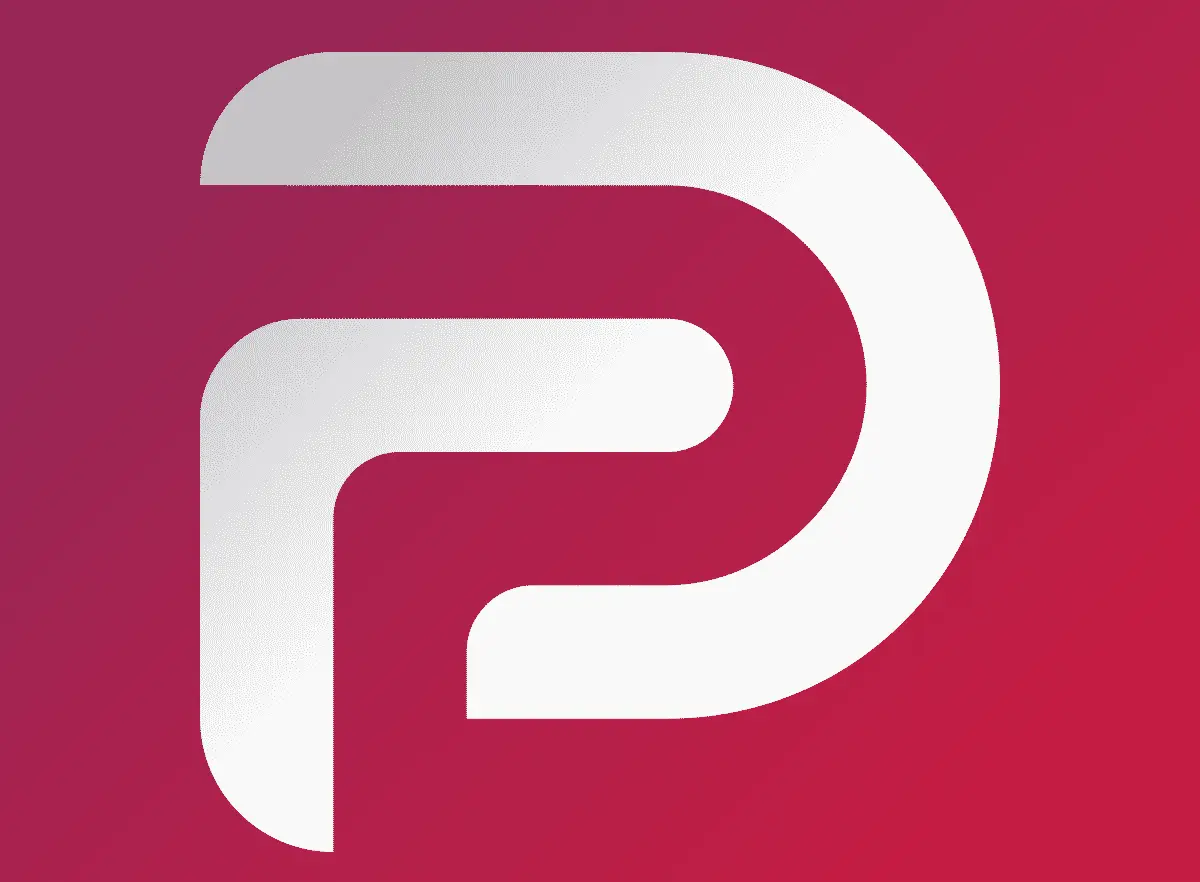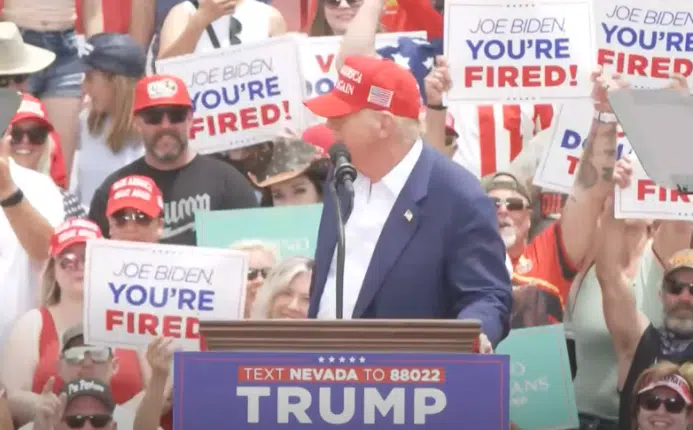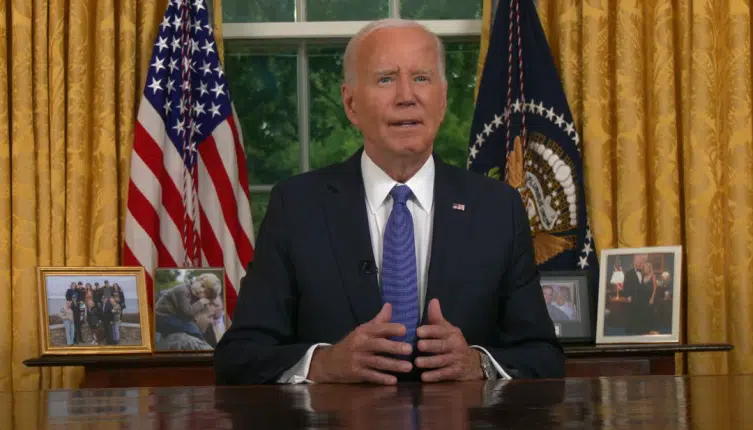President Donald Trump has threatened to veto the National Defense Authorization Act if Congress does not also repeal Section 230 of the Communications Decency Act that shields interactive computer services like social media from civil liability for what their users post.
On Dec. 8, Trump tweeted, “I hope House Republicans will vote against the very weak National Defense Authorization Act (NDAA), which I will VETO. Must include a termination of Section 230 (for National Security purposes), preserve our National Monuments, & allow for 5G & troop reductions in foreign lands!”
Here, President Trump wants to remove the legal protection that is at the heart of every social media company’s business model, citing national security concerns. On Dec. 1, the President made a similar case, explaining, “Section 230, which is a liability shielding gift from the U.S. to ‘Big Tech’ (the only companies in America that have it – corporate welfare!), is a serious threat to our National Security & Election Integrity. Our Country can never be safe & secure if we allow it to stand.”
In the past, the President has also blasted these companies’ tendency to remove conservative users’ content, demonetize them, engage in shadow-banning and sometimes even suspend accounts permanently.
Most recently, Facebook set up post-election content restrictions on doing any political ads in the aftermath of Nov. 3, and YouTube has threatened to remove content that dares to question the legitimacy of the election by calling attention to irregularities. The intent is absolutely to stifle dissent, and these moves have already had a chilling effect on speech in the post-election environment when there are real legal challenges being waged by the Trump campaign that are certainly newsworthy and a legitimate part of the public discourse we all engage in.
Now, outlets and organizations have to question weigh the public interest of reporting these legal disputes versus the potential immediate impact on their social media platforms which will be punished for siding with the Trump campaign.
Social media manipulation of the elections also came up during the election, when Facebook and Twitter suppressed a New York Post story about former Vice President Joe Biden and his son, Hunter’s financial dealings with Ukrainian oligarchs, even when there was a real-life whistleblower making the claims.
Corporate control of the news is a very real threat to the functioning of our two-party system.
To attempt to solve this ongoing corporate censorship of our democracy, many Republican lawmakers, like President Trump, have for years threatened these companies’ liability protection via Section 230. After all, so the argument goes, without liability protection, big tech giants like Facebook, Twitter and YouTube would be unable to host large user networks with the ability for everyone to upload and post their own content.
Creating a penalty for removing content then is viewed as a means of keeping the Internet open as a free speech platform that fosters our two-party political system with dialogue and diverse commentaries.
Here’s the problem. Competitors to Facebook, Twitter and YouTube, like Parler and Rumble — but also any website with a forum for posting or a comments section including newspapers — all depend on the Section 230 liability shield to survive.
When asked on C-Span on Nov. 18, “Are there any pieces of legislation connected to Section 230 that the company is supportive of or open to?” Parler Chief Policy Officer Amy Peikoff replied flatly, “No,” adding, “I think the best thing to look at is whether the interpretations of the current language are correct and insofar as people are dissatisfied with the ways that companies are exercising the latitude that they have under Section 230, then the true solution to that is a free market solution: go find a competitor who is providing exactly what you want.”
Peikoff added, “I don’t think that Section 230 should be revised.”
47 U.S.C. Section 230(c)(1) forms part of that liability shield, stating, “No provider or user of an interactive computer service shall be treated as the publisher or speaker of any information provided by another information content provider.”
Subsections (c)(2)(a) and (c)(2)(b) form the other part of that protection, stating, “No provider or user of an interactive computer service shall be held liable on account of any action voluntarily taken in good faith to restrict access to or availability of material that the provider or user considers to be obscene, lewd, lascivious, filthy, excessively violent, harassing, or otherwise objectionable, whether or not such material is constitutionally protected any action taken to enable or make available to information content providers or others the technical means to restrict access to material described…”
This simultaneously grants a broad liability exemption from whatever users happen to post on social media, and grants the companies power to remove items at their discretion they find objectionable. Removing the liability protections would render sites, including alternatives like Parler and Rumble, potentially subject to liability of millions of users.
It would effectively destroy the Internet with mutually assured destruction, since nobody would be willing to assume the risk of hosting somebody else’s material that might be defamatory. The same could be said of email providers. Everything we all take for granted in this modern, technological society would suddenly be restricted.
Instead, Congress should leave Section 230 alone and could perhaps consider alternatively narrowly expanding the franchise of protected groups under civil rights law to include political affiliation, excluding employment hiring for exclusive organizations like political parties and organizations, and defining interactive computer services as public accommodations so that social media services cannot be denied on the basis of partisan differences.
While they’re at it, Congress could throw in banking, DNS resolution, web hosting and email services as public accommodations for good measure.
To be clear: Repealing Section 230 is a mortal threat to Parler and Rumble. As conservatives, we cannot say we want alternatives and then advocate destroying the legal framework those alternatives and the entire internet depend on. These two things are not the same. We have to choose.
Robert Romano is the Vice President of Public Policy at Americans for Limited Government.







